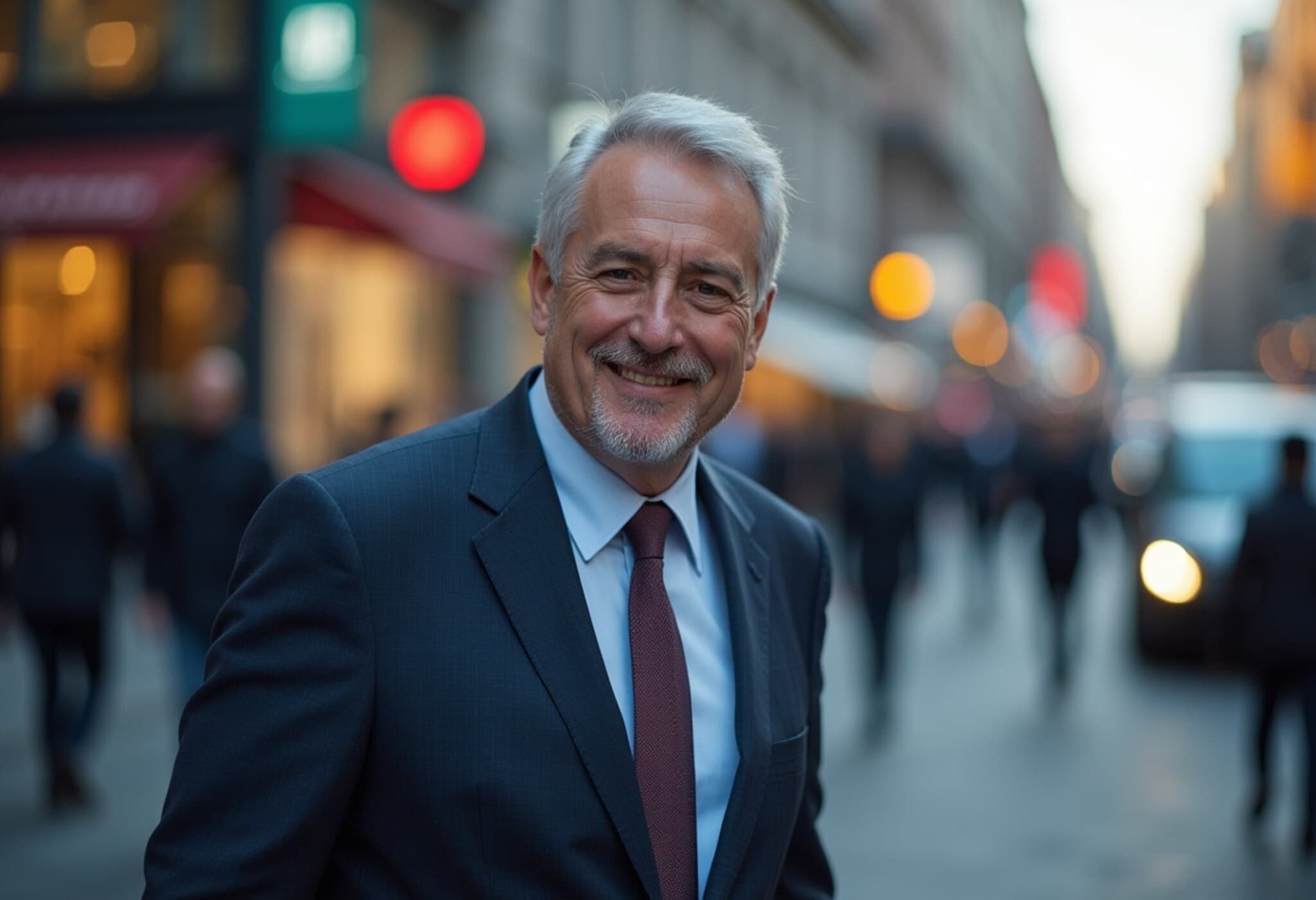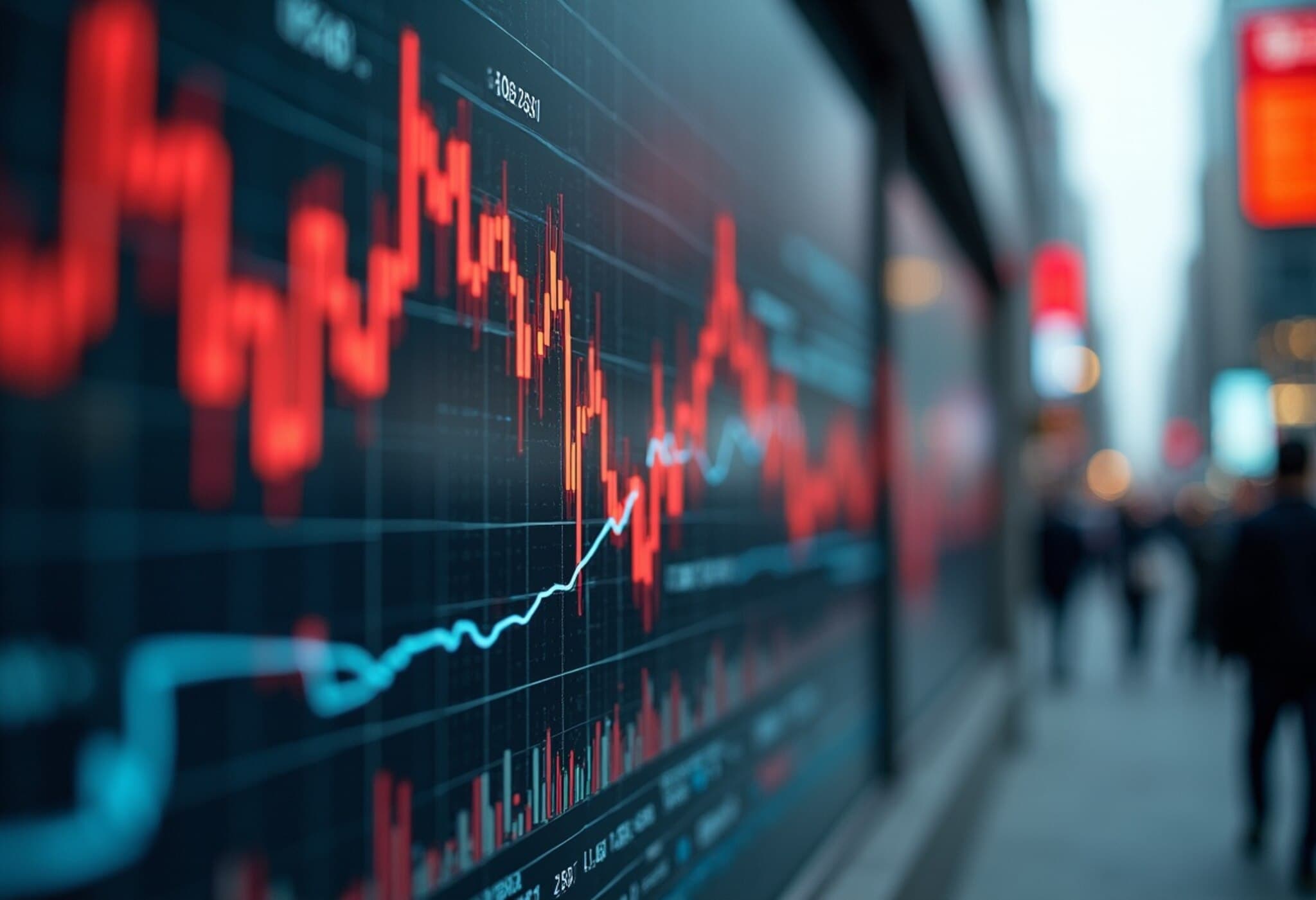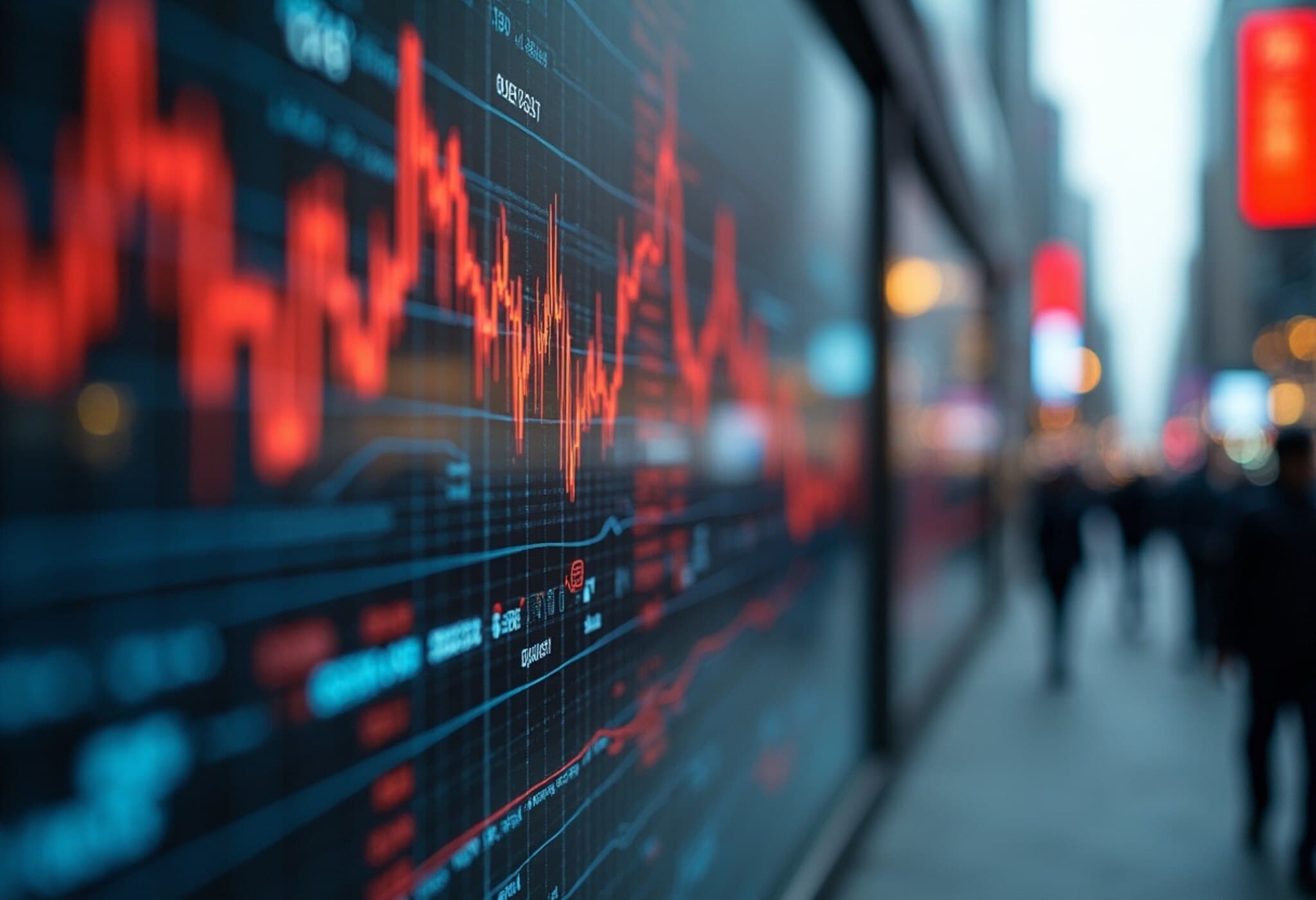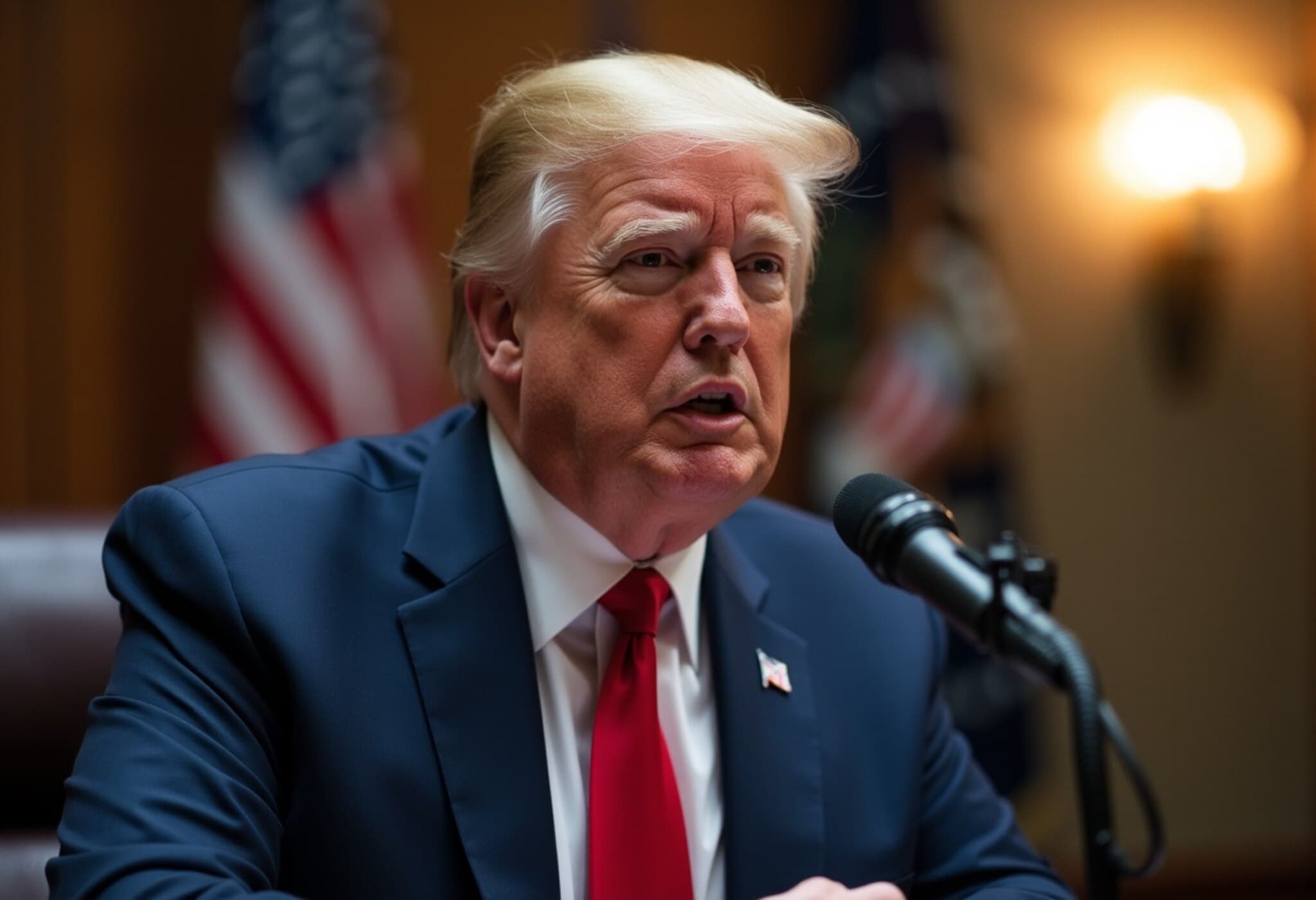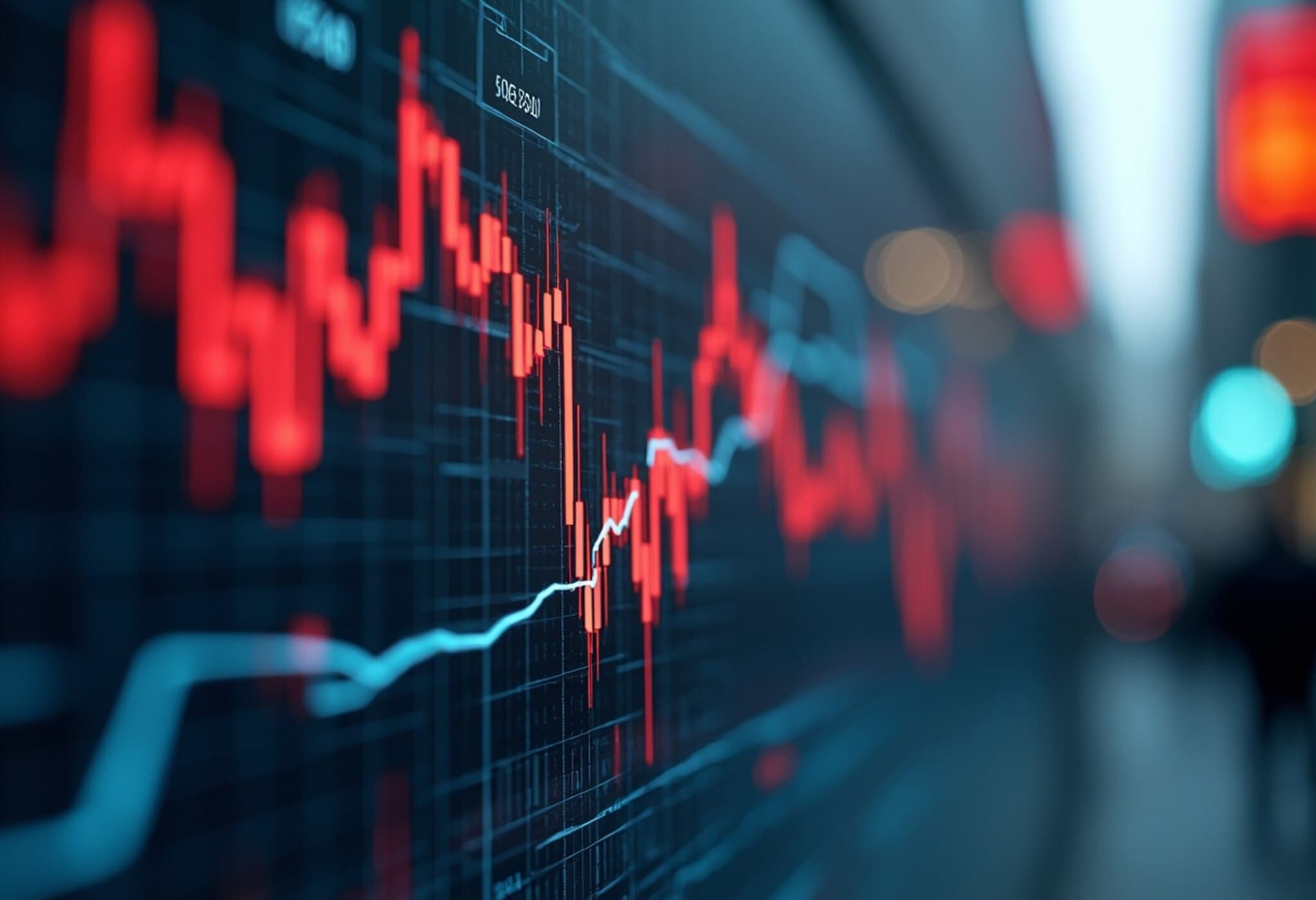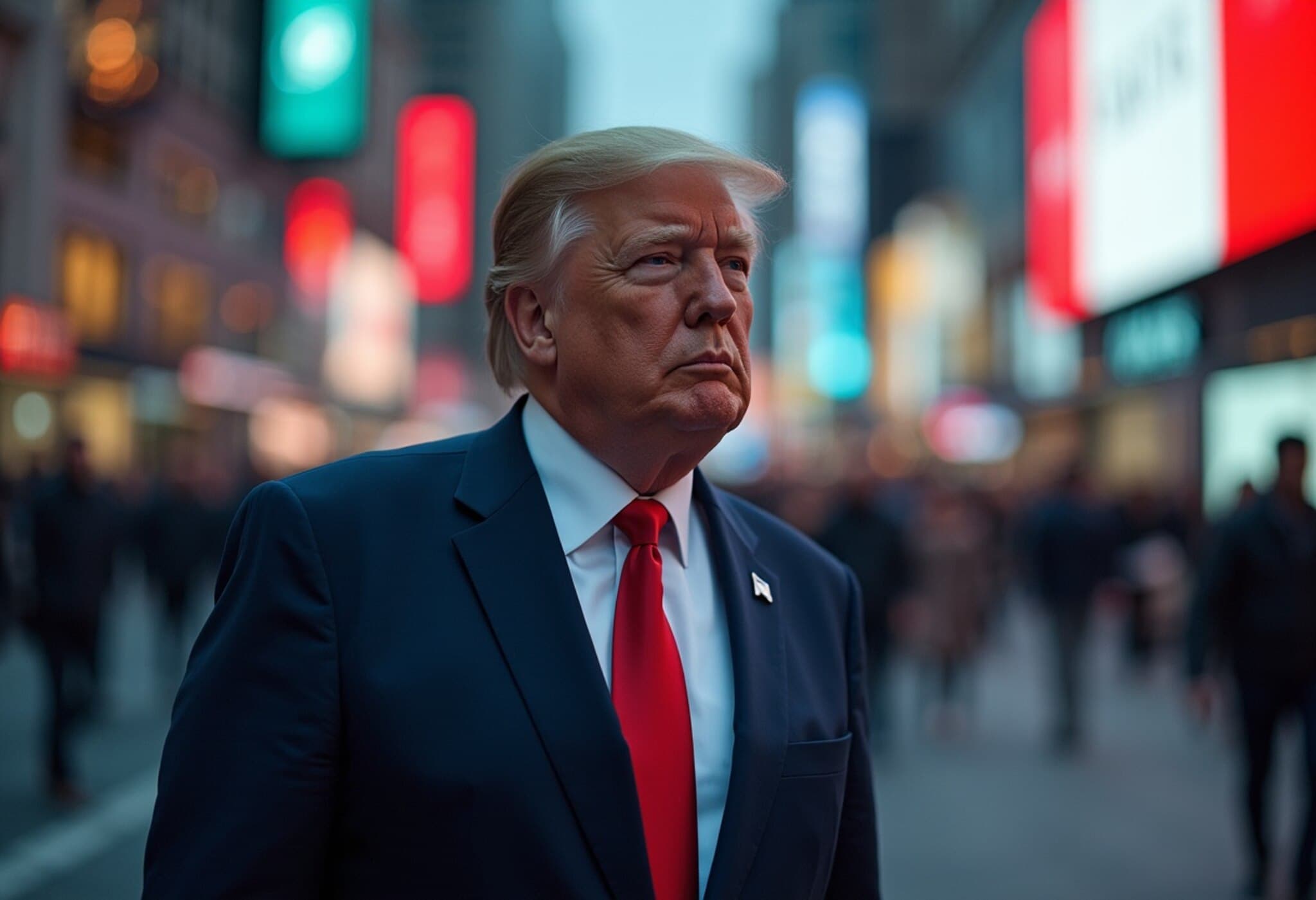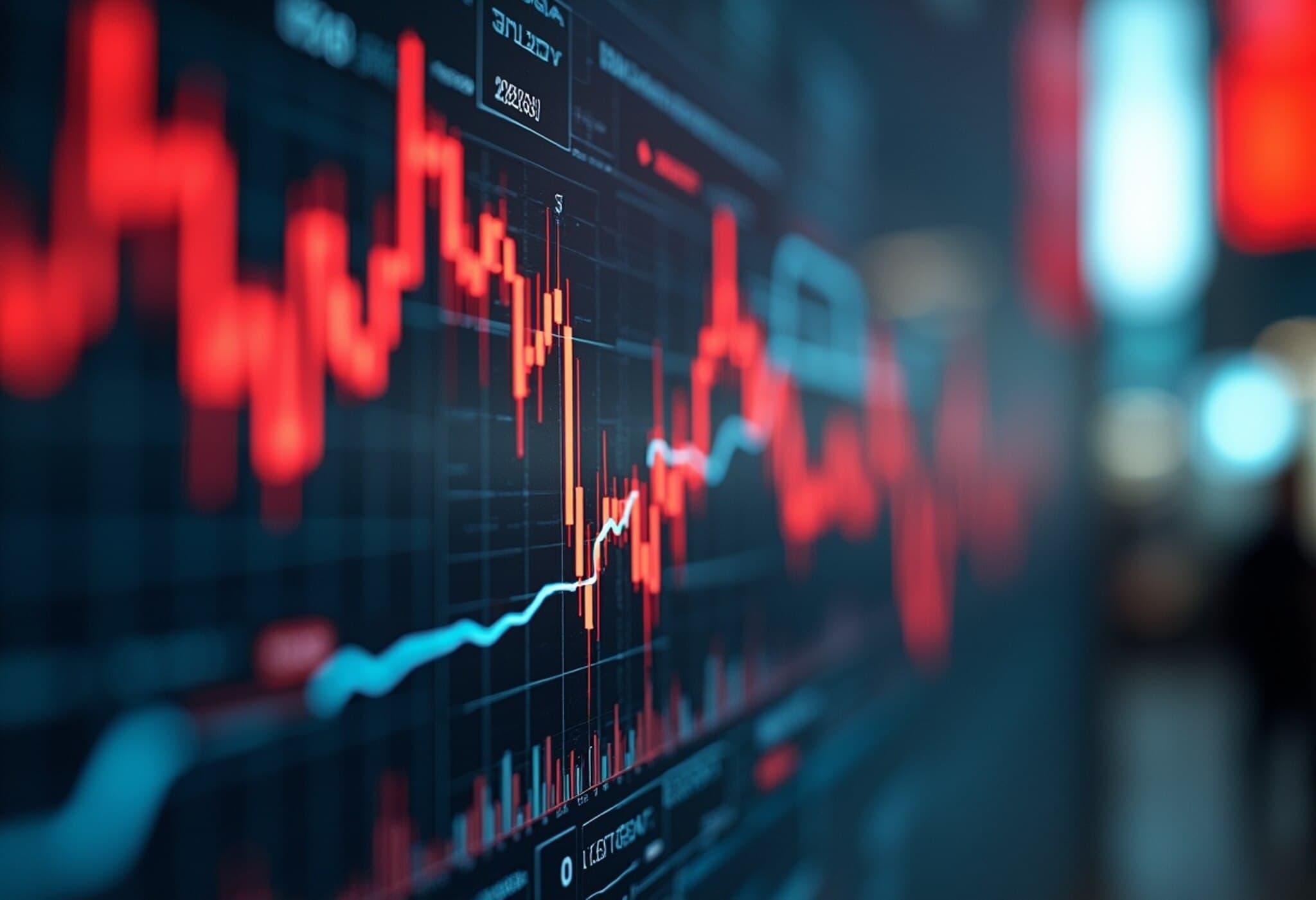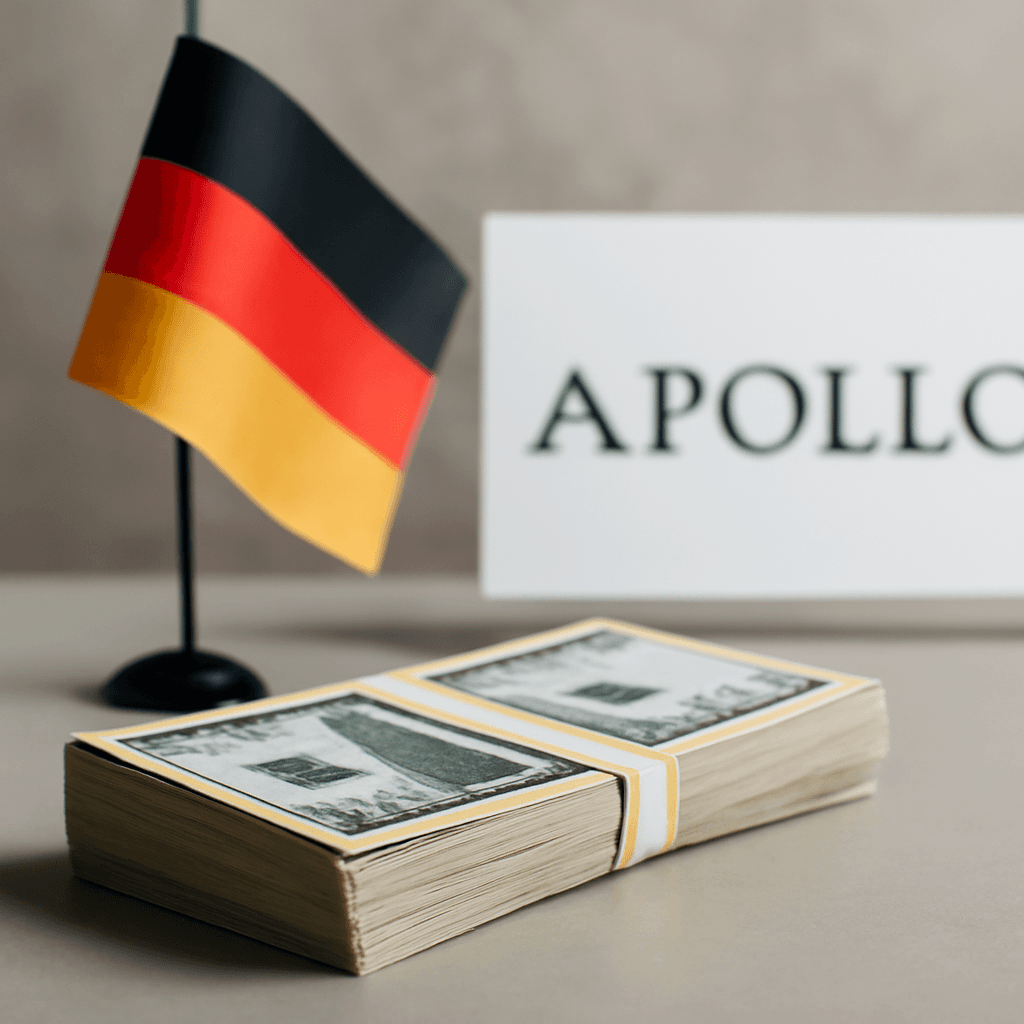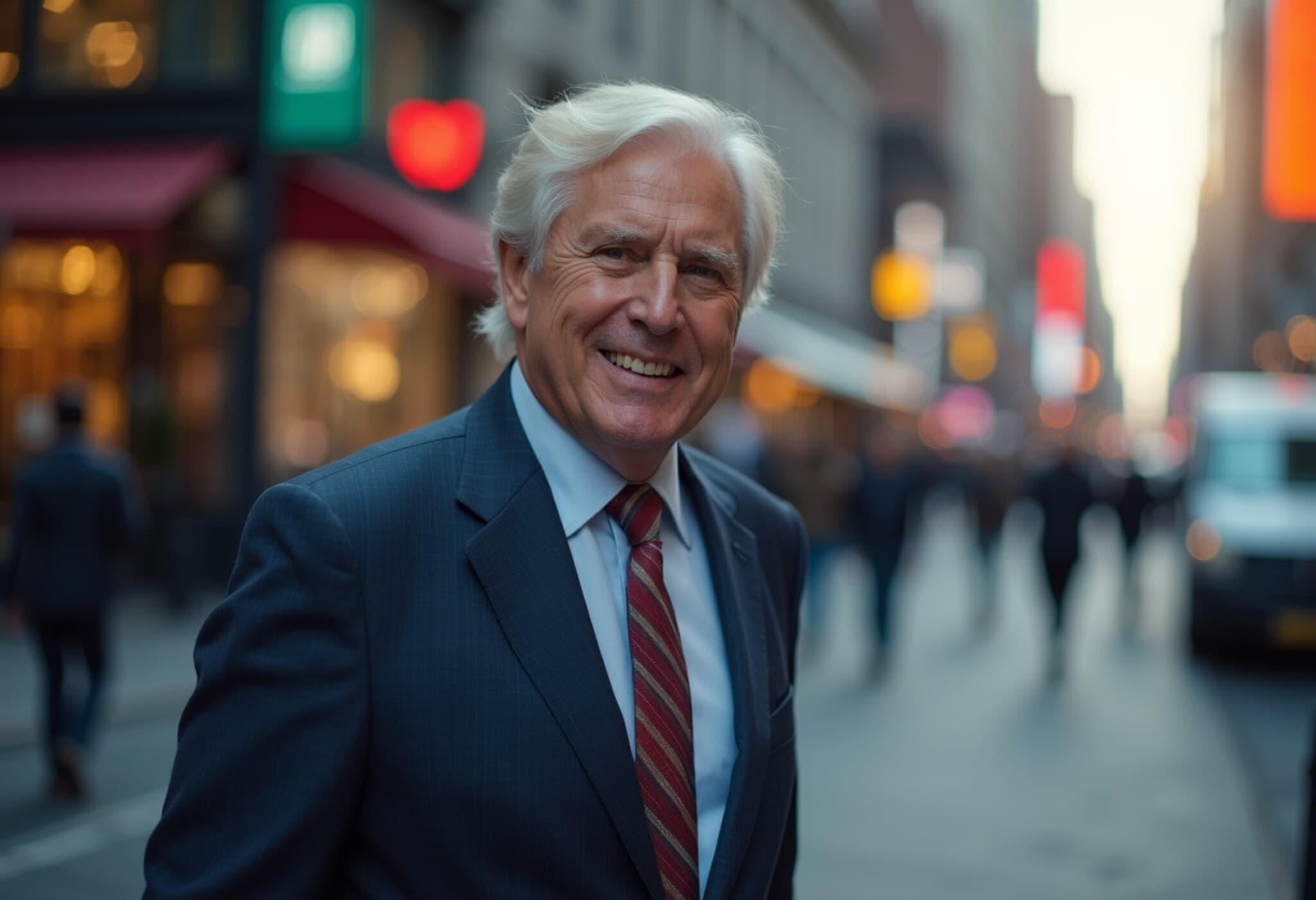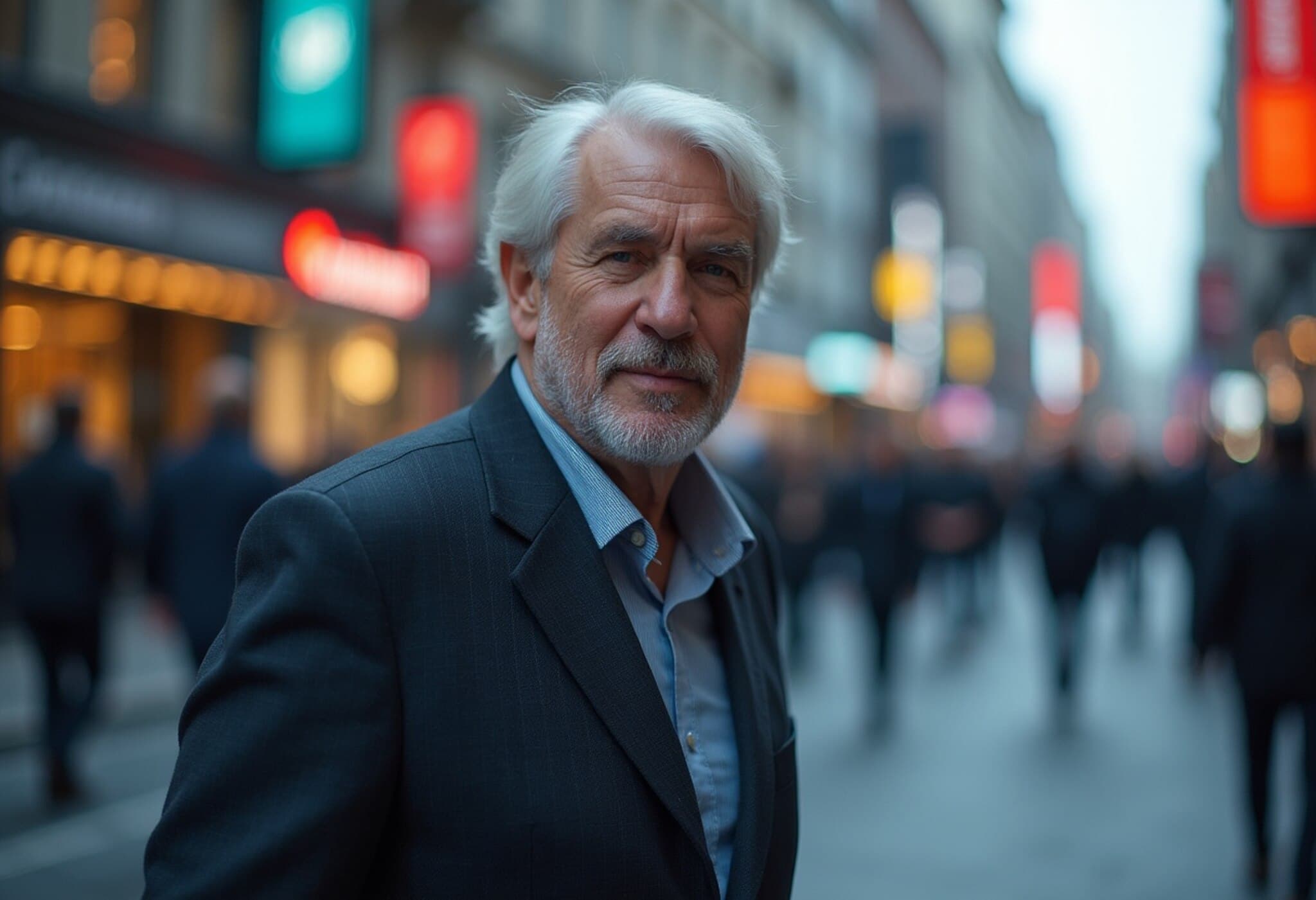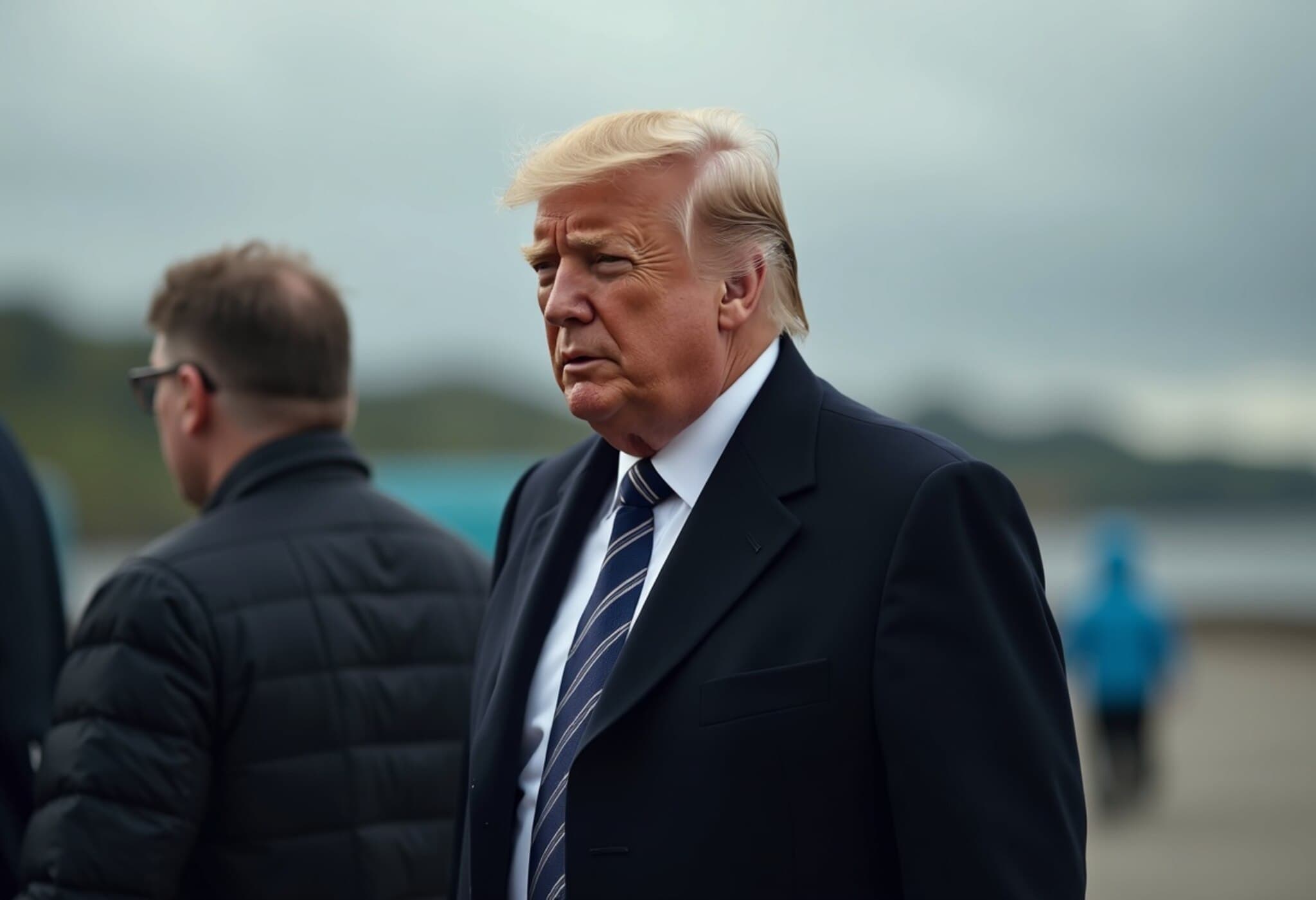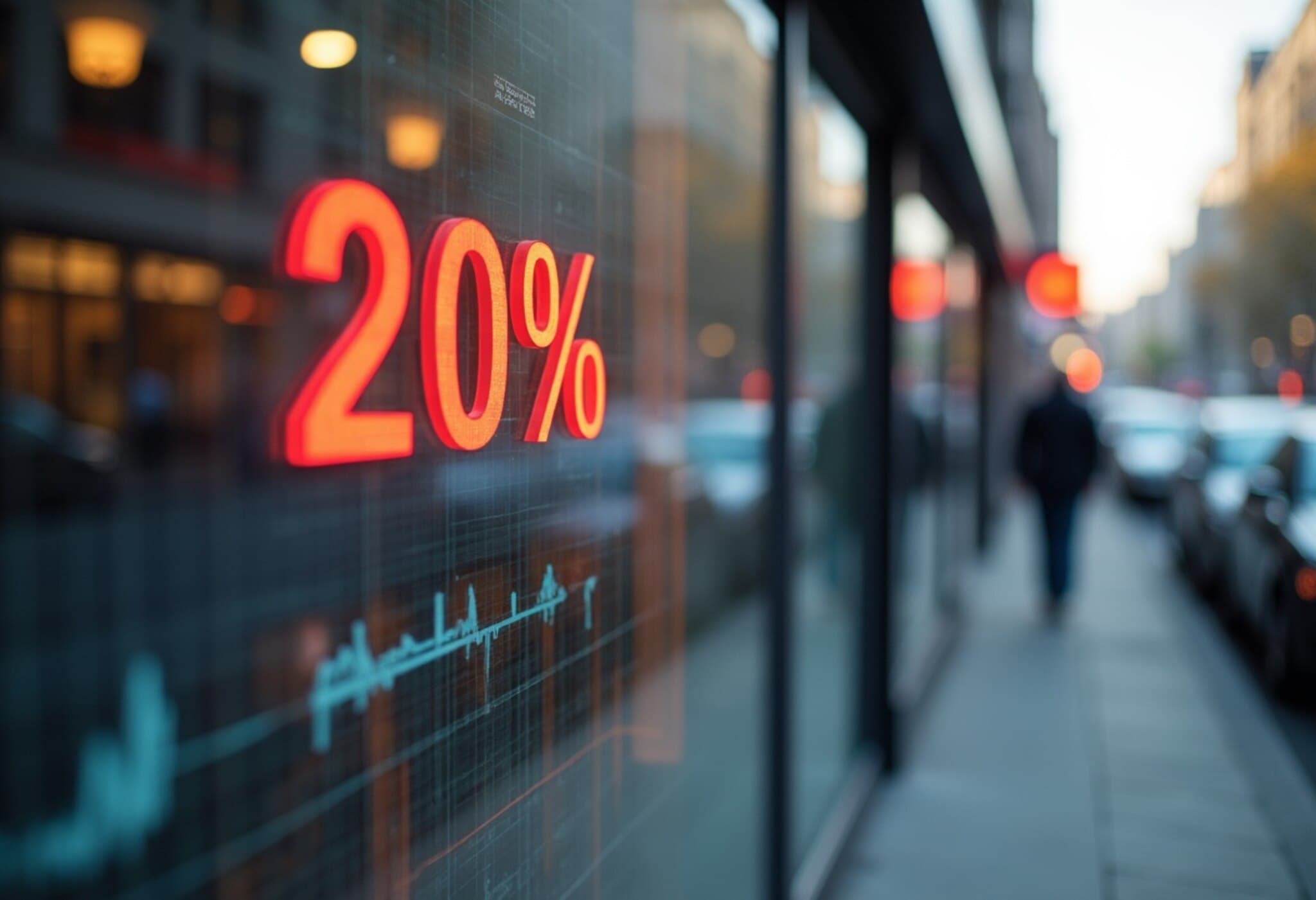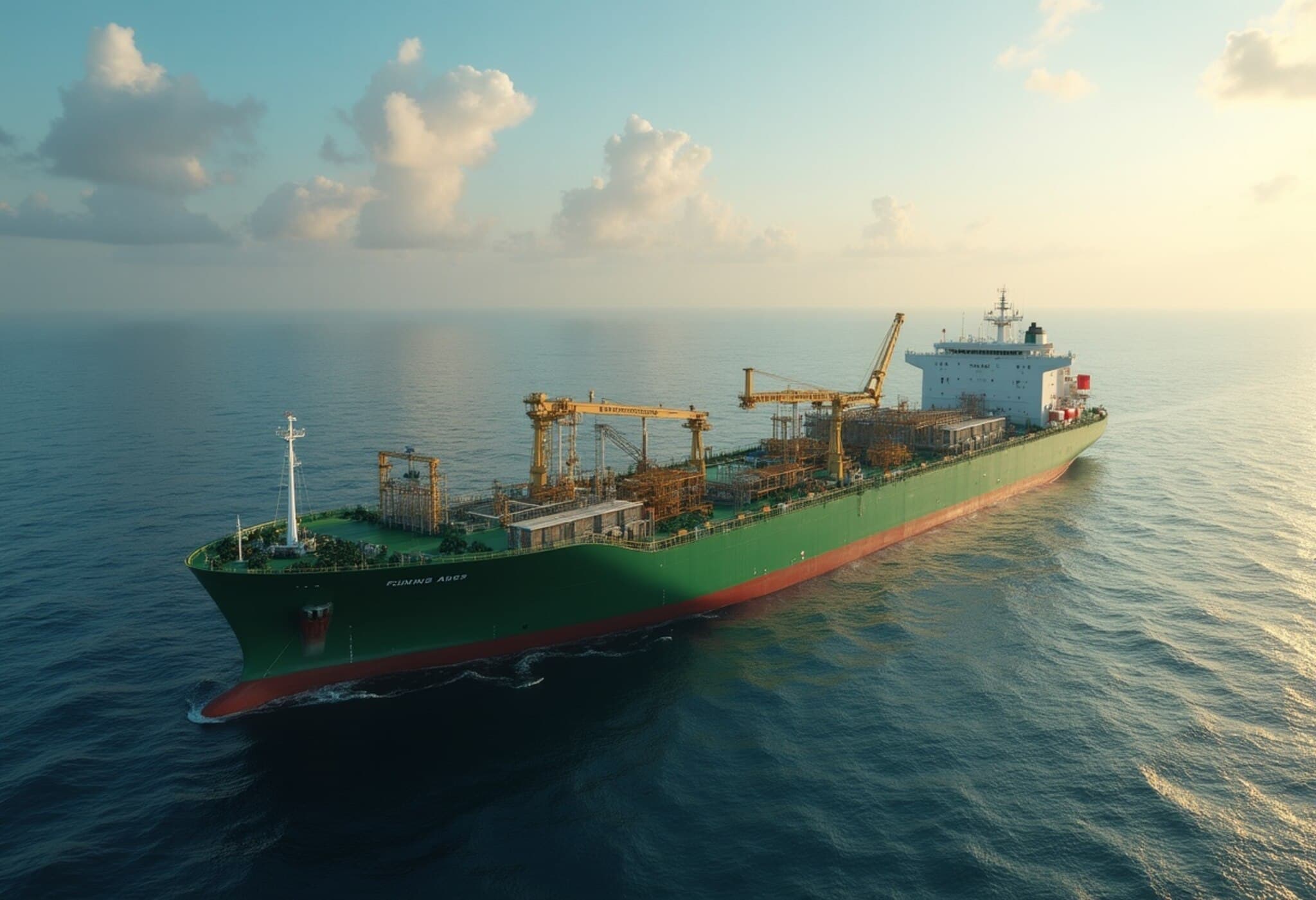European Markets Gain Ground as US Faces Growing Uncertainty
As uncertainty clouds the US economic landscape, leading European executives see a silver lining for the continent. From banks to private equity giants, major voices forecast Europe’s rising appeal to investors amid shifting global dynamics.
Stronger Financial Performance Boosts Europe’s Appeal
Since early November 2024, Europe’s equity markets have surged over 8%, outpacing a roughly 5% rise in the US markets. Recent investment flows reveal telling shifts: while US equities experienced outflows totaling $7.5 billion over three weeks, European stocks enjoyed robust inflows, gaining $2.6 billion during that same span.
Earlier data further highlight this trend, with investors withdrawing about €2.8 billion ($3.2 billion) from US equity ETFs by mid-March, simultaneously reallocating roughly €14.6 billion into European ETFs. These movements underscore a growing confidence in Europe’s market potential.
Leadership Insights: Why Europe Is Winning Investor Confidence
Goldman Sachs International Co-CEO Anthony Gutman explained that the rapid convergence in growth rates between the US and Europe has fueled this investor shift. Speaking at a recent European Financials Conference, he said, "Early in the year, US sentiment was buoyant while Europe was more subdued. Fast forward a few months, and Europe’s outlook has brightened considerably, attracting greater capital and optimism."
Private markets echo this optimism. At the Super Return forum in Berlin, Carlyle Group’s Managing Director Mark Jenkins expressed confidence in European opportunities offering higher returns relative to US risk levels.
Similarly, Permira’s Executive Chairman Kurt Björklund highlighted three driving factors:
- Cheaper capital costs in Europe, thanks to favorable euro interest rate trends compared to the dollar.
- Lower company valuations, enabling acquisition of quality businesses at attractive prices.
- A rapidly expanding innovation cycle, with disruptive European companies growing on a global scale.
Trade Talks: The EU-US Deal Remains Uncertain but Optimism Persists
Despite the positive momentum, trade tensions cast a shadow. Negotiations for a comprehensive EU-US trade agreement remain mired in complexity. Industry leaders caution that Europe’s political readiness for such deals is still evolving.
Siemens Energy Chairman Joe Kaeser remarked on the EU's intricate political landscape, suggesting the bloc is "not yet prepared to strike these kinds of deals." Meanwhile, the US Treasury hinted at extending the planned July 9 trade deal deadline, with Secretary Scott Bessent proposing continued negotiations for parties demonstrating good faith.
French President Emmanuel Macron expressed cautious optimism, affirming hopes for a mutually beneficial resolution.
Europe’s Path Forward: Opportunity Hinges on Action
UniCredit CEO Andrea Orcel emphasized that Europe’s future is largely in its own hands. He envisions a united EU leveraging initiatives like banking and capital markets unions alongside increased infrastructure and defense spending to fuel growth.
However, Orcel also warned of investor patience wearing thin, saying, "If promises don’t translate into real progress, capital will quickly retreat." He concluded with a powerful message: "Europe stands at a phenomenal crossroads with every reason to match the US — but only if we seize the moment."
As capital flows increase and valuations become more attractive, Europe finds itself poised for a potentially transformative financial resurgence. The coming months will reveal if this momentum holds true amid global uncertainty.

